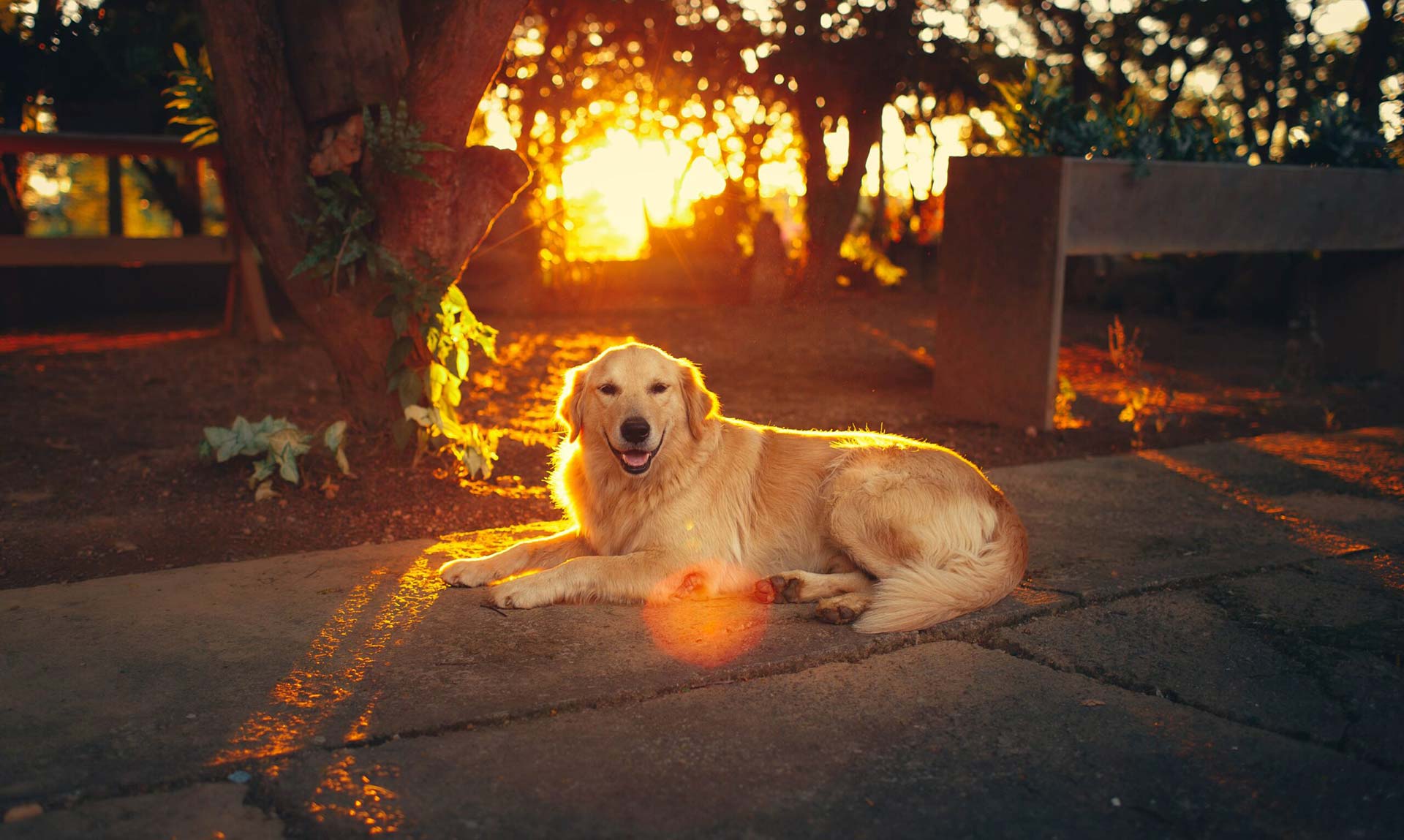Doberman Pinschers ONLY
Doberman Pinscher Alpha-Mannosidosis (AMAN)
Doberman Pinscher alpha-mannosidosis is an early-onset progressive neurodegenerative disease. By 2 months of age, affected dogs are clumsy and unstable on their feet, falling over frequently. By 7 months of age mild cognitive impairment, proprioceptive ataxia, asymmetric reduced menace responses, moderate divergent strabismus, and diffuse brain atrophy detected by MR imaging are apparent. By 8 months of age motor function deteriorated to ambulatory paraparesis and visual impairment was observed. Over the course of the disease progression, the owners reported that an affected dog developed aggressiveness toward other dogs, became intolerant of grooming and bathing, exhibited compulsive behaviors, including circling, and would vocalize inappropriately. The affected dog also became progressively uncoordinated and developed difficulty navigating stairs. As the disease progressed an affected dog exhibited dementia and apparent hallucinatory behavior characterized by trying to interact with non-apparent stimuli or reacting to open areas/empty spaces. Due to the progression of neurological signs, owners will likely elect euthanasia by 14 months of age.
Reference: Bullock G, Johnson GS, Pattridge SG, Mhlanga-Mutangadura T, Guo J, Cook J, Campbell RS, Vite CH, Katz ML. “A Homozygous MAN2B1 Missense Mutation in a Doberman Pinscher Dog with Neurodegeneration, Cytoplasmic Vacuoles, Autofluorescent Storage Granules, and an α-Mannosidase Deficiency.” Genes 14:1746, 2023.
Gene: MAN2B1
Tests are ordered online through the secure area of the OFA website. Payment is accepted by credit card (MasterCard and VISA). The OFA administers all order handling. Upon receipt of an order, the OFA will send out the test kit which will include a Foam-Tipped Applicator card for DNA sample collection, along with sample collection instructions. Using the FTA card technology, owners can safely collect DNA samples at home. The collection process is non-invasive, and no veterinary appointment is necessary.
Samples are then sent to the University of Missouri College of Veterinary Medicine where the samples will be processed by the Small Animal Molecular Genetics Lab. Results will be forwarded to the OFA, and the OFA will issue the resulting report to the owner.
The fee for each test includes the test kit, laboratory processing, and subsequent registration in the OFA databases.
